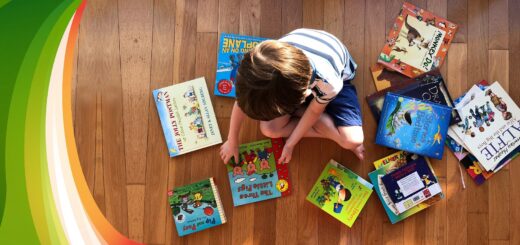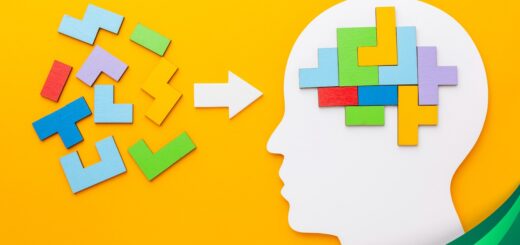Do ‘ZERO’ and ‘MATHEMATICS’ count in the digital era for school children?
Overcoming the challenges of making maths fun for children in the digital era is real. School teachers need to find ways to make math interesting for their students. In India, the land where Aryabhata invented the mighty ZERO, centuries ago, how are students going to learn mathematics? They have the convenience of using calculators and Google solves their problems. Even Math classroom games and activities are now undergoing transformative changes with gamification.

Is there a way to make this subject interesting?
Siddhartha Public School based in Hyderabad is committed to making maths classes interesting for students. Teachers are always using innovative ways to help children in gaining proficiency in this subject. Maths continues to be relevant in this digital age.
Overview
We still cannot forget Aryabhatta, the 5th-century Indian mathematician for his ground-breaking invention of ZERO. This symbol is now used worldwide. It still is the basis of modern algebra and numerical systems. Even today, centuries later, Aryabhatta’s legacy continues to inspire and shape the way we understand and utilise numbers.
Following in Aryabhatta’s footsteps, India has produced numerous other brilliant mathematicians who have left an indelible mark on the global mathematical landscape. Ramanujan, with his extraordinary intuition and ability to derive complex mathematical formulas, is a celebrated figure in the world of mathematics. His work on number theory, infinite series, and continued fractions has had a profound impact on various branches of mathematics.
Relevance of maths in digital age
Today, children have access to calculators, computers, and the internet. One might wonder why mathematics still holds its fascination for children. The allure of this subject lies in its practical applications. It stimulates curiosity, challenges the mind, and fosters problem-solving skills taught in CBSE schools. It encourages children to think critically, analyse patterns, and develop logical reasoning. It is a subject that transcends the boundaries of technology and continues to captivate young minds.
Teaching methods for math classes
Coaching in an engaging and effective way is a challenge for educators. Traditional methods have their place. But incorporating innovative approaches and leveraging technology makes learning more enjoyable and meaningful for students. Teachers use games, puzzles, and real-world examples to make mathematical concepts relatable and interesting. They help students overcome their fears and develop a passion for mathematics.
In the school campus, there are numerous opportunities to support children’s learning of mathematical concepts. Creating a stimulating environment to explore and experiment makes Siddhartha Public School the best CBSE school in Boduppal, Hyderabad. It is no longer about memorising formulas and reciting facts; it’s about understanding the underlying concepts and applying them to real-world problems.
Overcoming Technology Barrier
The advent of digital technology has transformed the way mathematics is taught and learned. Interactive simulations, online resources, and educational apps offer a wealth of opportunities for students to explore mathematical concepts in a fun and engaging manner. These tools can help students visualise abstract ideas, experiment with different approaches, and receive immediate feedback. By embracing digital learning, our teachers create a personalised learning experience.
It is our hope that India will continue to produce the next generation of brilliant mathematicians. We may produce future mathematicians who will contribute to the advancement of knowledge and solve the complex challenges of our time. A love for this subject from a young age, inspires future Aryabhattas and Ramanujans to make their mark on the world of equations and integers.




